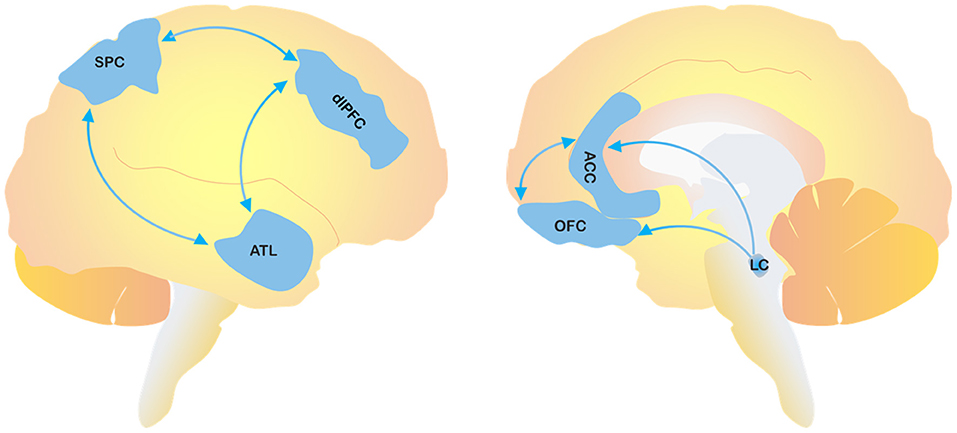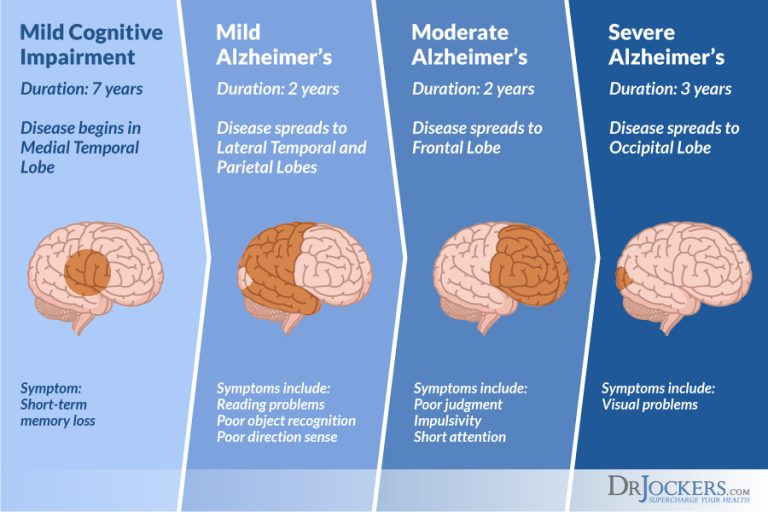Dementia is a term that encompasses a wide range of symptoms affecting memory, thinking, and social abilities severely enough to interfere with daily life. Often abbreviated as “DM,” dementia is not a specific disease but rather a syndrome caused by various brain disorders. It affects millions of people worldwide and is most commonly associated with aging. This article will delve into the causes of memory loss, explore the different types of dementia, and provide insights into care options available for those affected.

What Is Dementia?
Dementia refers to a decline in cognitive function that goes beyond what might be expected from normal aging. It impacts memory, language, problem-solving, and other cognitive skills, making it difficult for individuals to perform everyday tasks. While memory loss is one of the most common symptoms, dementia can also lead to changes in mood, behavior, and personality.
The progression of dementia varies depending on its underlying cause. In some cases, the decline may be gradual, while in others, it can progress rapidly. Early diagnosis and intervention are crucial for managing symptoms and improving the quality of life for both the individual and their caregivers.
Common Causes of Memory Loss
Memory loss is often one of the first signs of dementia, but it can also result from other factors. Understanding the potential causes of memory problems is essential for distinguishing between normal age-related forgetfulness and more serious conditions.
- Aging: As people grow older, they may experience mild memory lapses, such as forgetting names or misplacing items. This is considered a normal part of aging and does not necessarily indicate dementia.
- Stress and Anxiety: High levels of stress or anxiety can impair concentration and memory. These issues are usually temporary and improve once the underlying cause is addressed.
- Depression: Depression can mimic symptoms of dementia, including memory loss, difficulty concentrating, and withdrawal from social activities.
- Vitamin Deficiencies: Deficiencies in certain vitamins, particularly vitamin B12, can lead to memory problems and cognitive decline.
- Medications: Some medications, especially when taken in combination, can cause side effects that affect memory and cognition.
- Substance Abuse: Excessive alcohol consumption or drug use can damage brain cells and lead to memory impairment.
Types of Dementia
There are several types of dementia, each with its own unique characteristics and underlying causes. Understanding these differences is important for accurate diagnosis and appropriate treatment.
Alzheimer’s Disease
Alzheimer’s disease is the most common type of dementia, accounting for approximately sixty to eighty percent of all cases. It is a progressive condition that begins with mild memory loss and gradually worsens over time. People with Alzheimer’s may struggle to remember recent events, recognize familiar faces, or carry out simple tasks.
The exact cause of Alzheimer’s disease is not fully understood, but researchers believe it involves a combination of genetic, environmental, and lifestyle factors. Abnormal protein deposits, known as plaques and tangles, build up in the brain, disrupting communication between nerve cells and eventually causing cell death.
Vascular Dementia
Vascular dementia occurs when there is reduced blood flow to the brain, often due to strokes or other conditions that damage blood vessels. This type of dementia can develop suddenly following a major stroke or gradually as a result of multiple small strokes.
Symptoms of vascular dementia vary depending on the part of the brain affected. Common signs include confusion, difficulty concentrating, slowed thinking, and problems with planning and organizing. Managing underlying cardiovascular risk factors, such as high blood pressure and diabetes, can help slow the progression of this condition.
Lewy Body Dementia
Lewy body dementia is characterized by abnormal protein deposits, called Lewy bodies, that form in the brain. These deposits disrupt brain function and lead to symptoms similar to those seen in Alzheimer’s disease and Parkinson’s disease.
Individuals with Lewy body dementia may experience visual hallucinations, fluctuations in alertness, sleep disturbances, and movement difficulties such as tremors and stiffness. Because the symptoms overlap with other conditions, diagnosing Lewy body dementia can be challenging.
Frontotemporal Dementia
Frontotemporal dementia primarily affects the frontal and temporal lobes of the brain, which are responsible for personality, behavior, and language. Unlike other forms of dementia, frontotemporal dementia often occurs at a younger age, typically between forty and sixty years old.
People with this condition may exhibit significant changes in personality and behavior, such as impulsivity, apathy, or inappropriate social conduct. They may also have difficulty speaking or understanding language. Frontotemporal dementia tends to progress more rapidly than Alzheimer’s disease.
Care Options for Individuals with Dementia
Caring for someone with dementia requires patience, compassion, and a comprehensive approach to address their physical, emotional, and social needs. There are various care options available, ranging from home-based support to specialized facilities.
In-Home Care
Many families choose to care for their loved ones with dementia at home, especially during the early stages of the condition. In-home care allows individuals to remain in a familiar environment, which can reduce confusion and anxiety.
Professional caregivers can assist with daily activities such as bathing, dressing, meal preparation, and medication management. They can also provide companionship and engage the individual in mentally stimulating activities to promote cognitive health.
Adult Day Care Centers
Adult day care centers offer structured programs designed to support individuals with dementia while giving family caregivers a much-needed break. These centers provide a safe and supervised environment where participants can engage in social activities, exercise, and therapeutic programs.
Day care services are particularly beneficial for individuals who still live at home but require additional support during the day. They also offer opportunities for social interaction, which can help combat feelings of isolation and depression.
Assisted Living Facilities
Assisted living facilities cater to individuals who need help with daily activities but do not require constant medical supervision. Many assisted living communities have specialized memory care units designed specifically for residents with dementia.
These units feature secure environments to prevent wandering, trained staff who understand the unique needs of individuals with dementia, and personalized care plans tailored to each resident’s abilities and preferences.
Nursing Homes
For individuals with advanced dementia who require round-the-clock medical care, nursing homes may be the most appropriate option. Nursing homes provide skilled nursing care, rehabilitation services, and assistance with all aspects of daily living.
While moving to a nursing home can be a difficult decision, it ensures that the individual receives the level of care needed to maintain their safety and well-being. Families should carefully research facilities to find one that meets their loved one’s specific needs.
Hospice Care
Hospice care focuses on providing comfort and dignity to individuals in the final stages of life. For those with end-stage dementia, hospice services can offer pain management, emotional support, and spiritual care in a compassionate setting.
Hospice teams work closely with families to ensure that their loved one’s wishes are respected and that they receive the highest quality of care possible. This option is ideal for individuals whose primary goal is to maximize comfort rather than pursue curative treatments.
Support for Caregivers
Caring for someone with dementia can be physically and emotionally demanding. Caregivers often experience stress, burnout, and feelings of isolation. It is essential for caregivers to prioritize their own well-being and seek support when needed.
Respite Care
Respite care provides temporary relief for primary caregivers by arranging short-term stays in a care facility or hiring professional caregivers to step in for a few hours or days. This allows caregivers to rest, recharge, and attend to personal responsibilities without worrying about their loved one’s safety.
Support Groups
Joining a support group can connect caregivers with others who are facing similar challenges. Sharing experiences, advice, and coping strategies can help reduce feelings of loneliness and empower caregivers to navigate the complexities of dementia care.
Educational Resources
Learning about dementia and caregiving techniques can equip caregivers with the knowledge and tools they need to provide effective care. Many organizations offer workshops, online courses, and informational materials to educate caregivers and enhance their skills.
Professional Counseling
Professional counseling can provide caregivers with a safe space to express their emotions and develop healthy coping mechanisms. Therapists can also help caregivers set realistic expectations and establish boundaries to prevent burnout.





